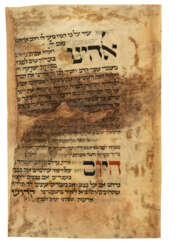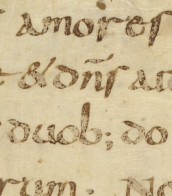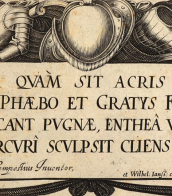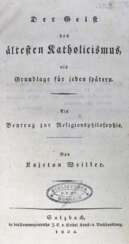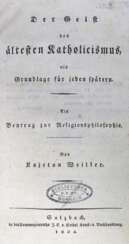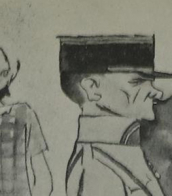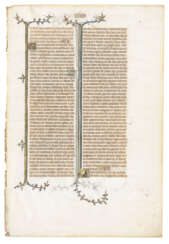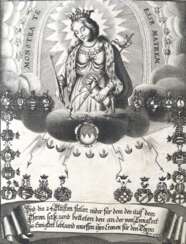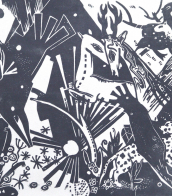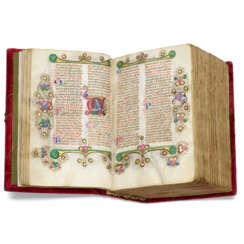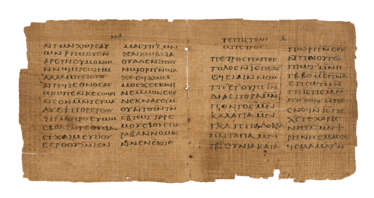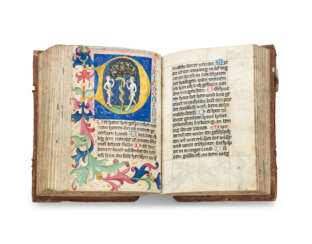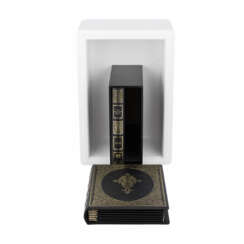bibles
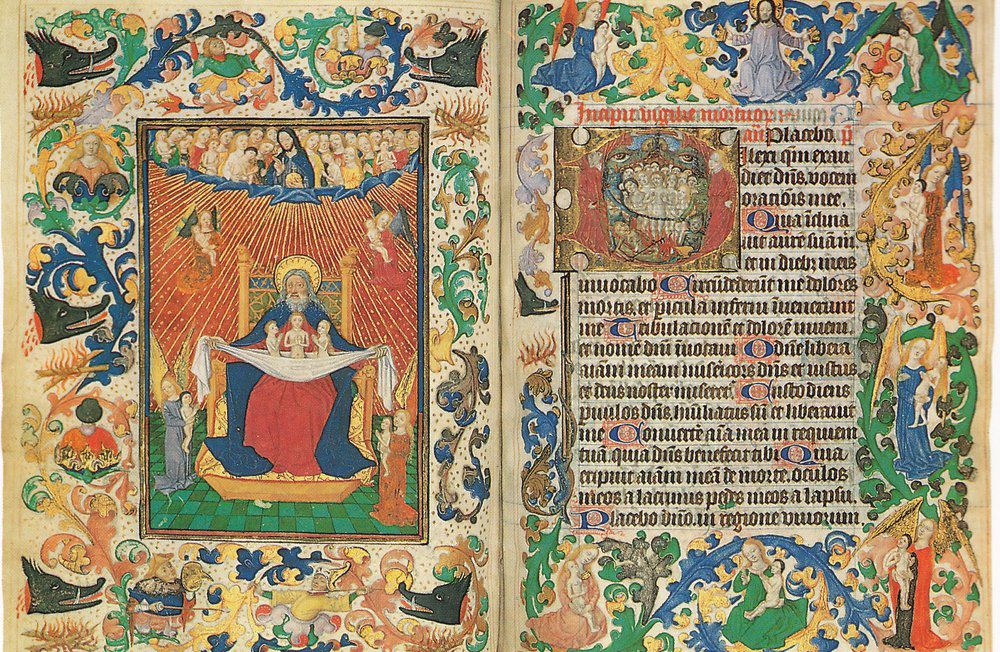
Master Gijsbrecht van Brederode was a Northern Dutch book illuminator who worked in Utrecht in the 3rd quarter of the 15th century.
The artist got his name from the book of hours, which he illuminated for Gijsbrecht van Brederode, dean of Utrecht Cathedral (died in 1475). It is known that between 1465 and 1470 this master created almost all the miniatures in this manuscript.

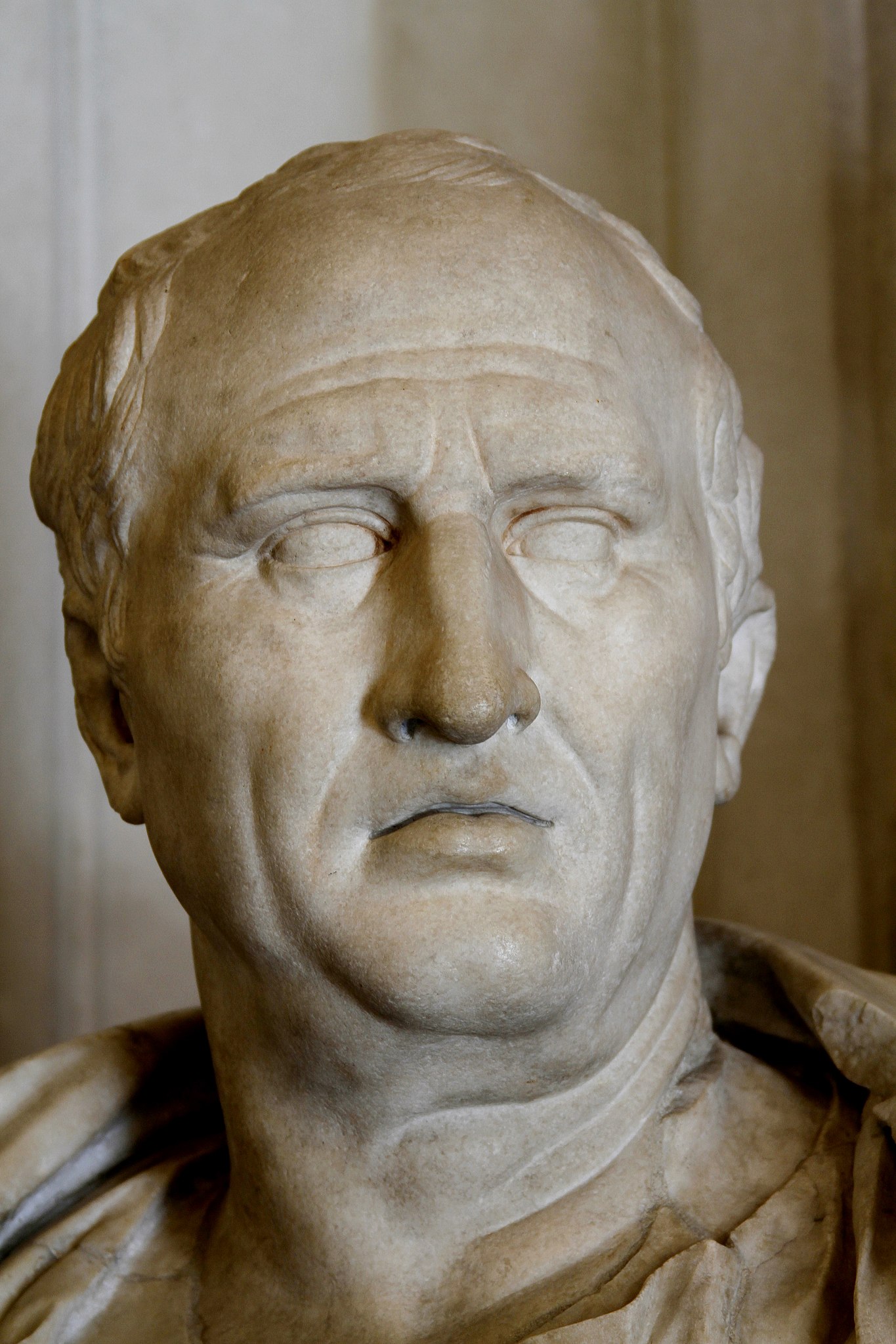
Marcus Tullius Cicero was a Roman statesman, lawyer, scholar, philosopher, and academic skeptic, who tried to uphold optimate principles during the political crises that led to the establishment of the Roman Empire. His extensive writings include treatises on rhetoric, philosophy and politics. He is considered one of Rome's greatest orators and prose stylists. He came from a wealthy municipal family of the Roman equestrian order, and served as consul in 63 BC.
His influence on the Latin language was immense. He wrote more than three-quarters of extant Latin literature that is known to have existed in his lifetime, and it has been said that subsequent prose was either a reaction against or a return to his style, not only in Latin but in European languages up to the 19th century. Cicero introduced into Latin the arguments of the chief schools of Hellenistic philosophy and created a Latin philosophical vocabulary with neologisms such as evidentia, humanitas, qualitas, quantitas, and essentia, distinguishing himself as a translator and philosopher.

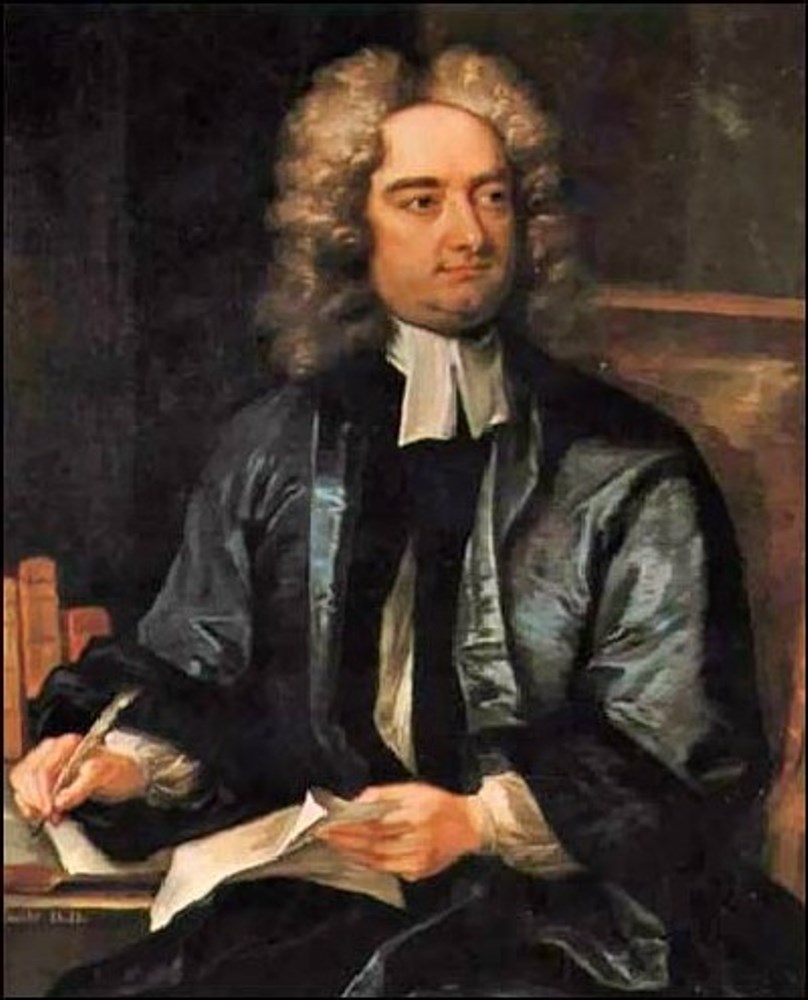
Jonathan Swift was a British-Irish writer, essayist, philosopher, and author of the world-famous satirical novel Gulliver's Travels.
Swift also wrote numerous works, including The Tale of the Barrel (1704), An Argument Against the Abolition of Christianity (1712), and A Modest Proposal (1729). Almost all of Swift's satirical works were published anonymously, giving the author wide latitude in expressing his talent as a satirist.
Swift was a clergyman, made a career in London, became the chief pamphleteer and political writer of the Tories and headed the Tory journal "The Inspector", and then returned to Ireland, where he created his major life's work.
The four-part novel Gulliver's Travels, Jonathan Swift's greatest satire, was first published in 1726 and has since been reprinted hundreds of times in many languages around the world. The author describes in an engaging style the different races and societies that Gulliver encounters on his travels to ridicule the many errors, follies, weaknesses and vices to which people and society at large are subject. The author's boundless imagination, bitter irony, keen intellect and brilliant language give this work a world-class scope.





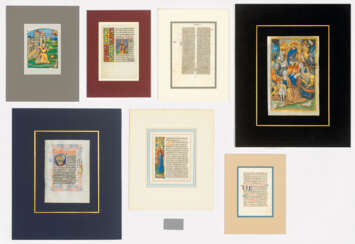

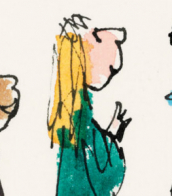





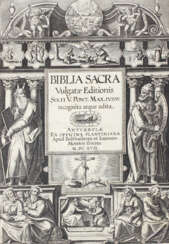

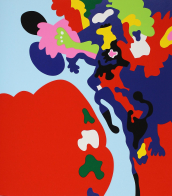
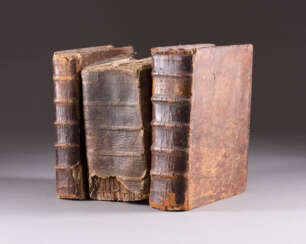

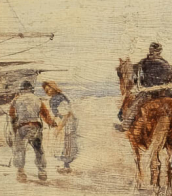
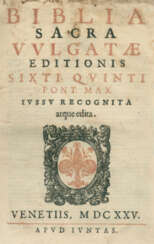


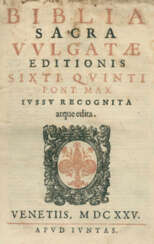

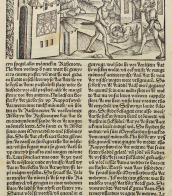


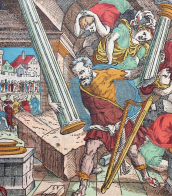
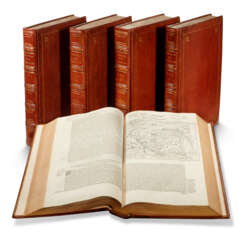




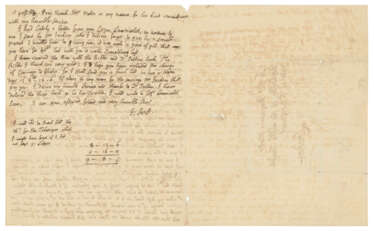

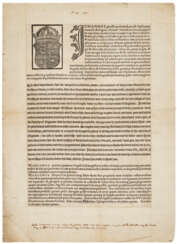

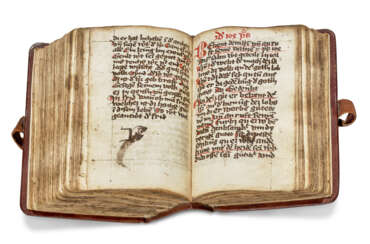


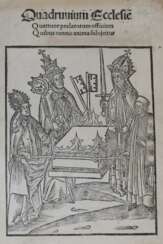

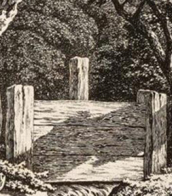
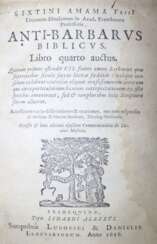

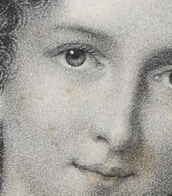
![[PHYSIOCRATES - LE TROSNE, Guillaume-François (1728-1780)]](/assets/image/picture_4259605/fda92/zyfhee33a6cobbrcjmnu-qjr6wmu-ikj94fi4gecx1ljy8-se46vglijclkxojfp1729410014jpg__fix_374_244.jpeg)
![[PHYSIOCRATES - LE TROSNE, Guillaume-François (1728-1780)]](https://veryimportantlot.com/assets/image/picture_4259605/fda92/zyfhee33a6cobbrcjmnu-qjr6wmu-ikj94fi4gecx1ljy8-se46vglijclkxojfp1729410014jpg__fix_374_244.jpeg)
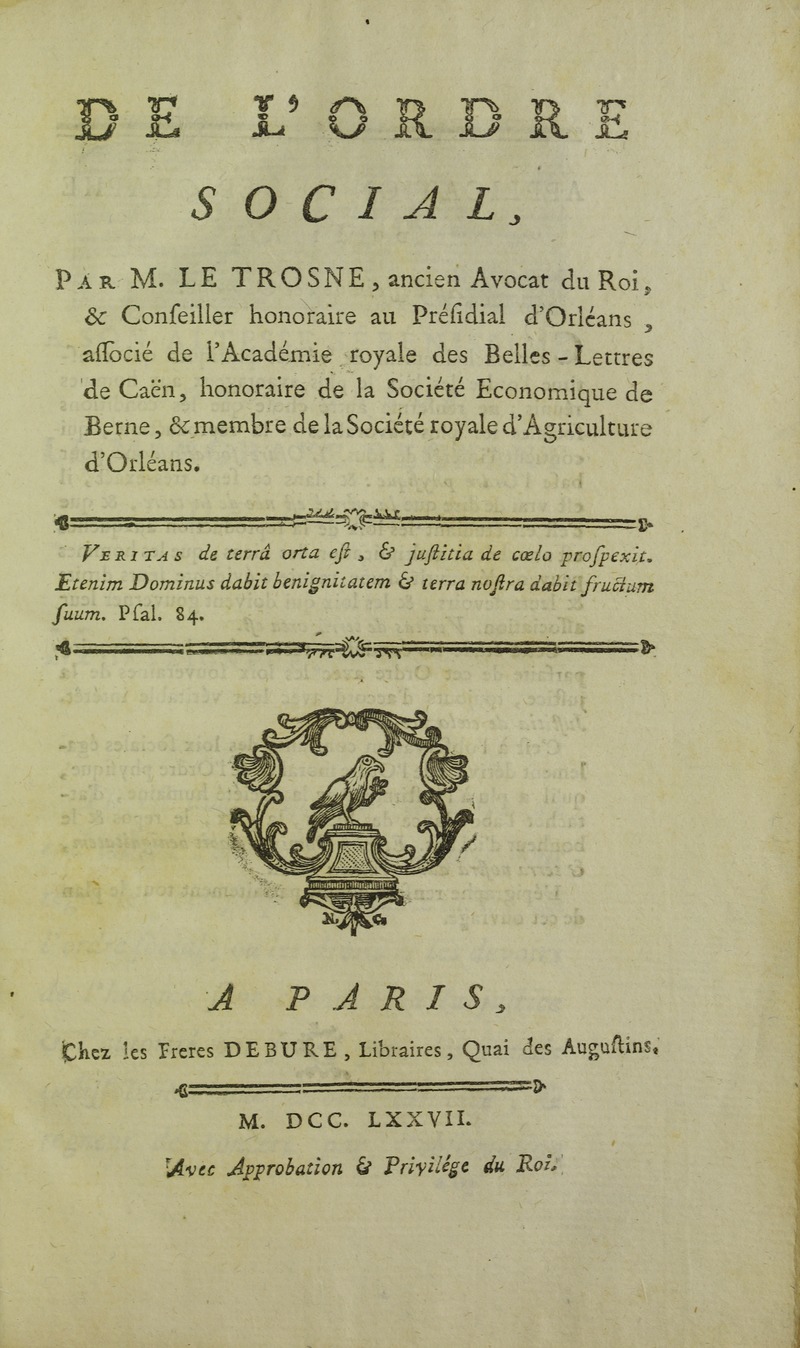
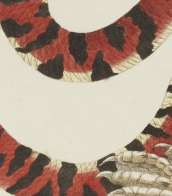
![[Otto F Ege (1888-1951)]](/assets/image/picture_1224251/d61d4/2b91d3cddec40f58a9c6819b11b58c111607468400jpg__fix_374_244.jpeg)
![[Otto F Ege (1888-1951)]](https://veryimportantlot.com/assets/image/picture_1224251/d61d4/2b91d3cddec40f58a9c6819b11b58c111607468400jpg__fix_374_244.jpeg)
